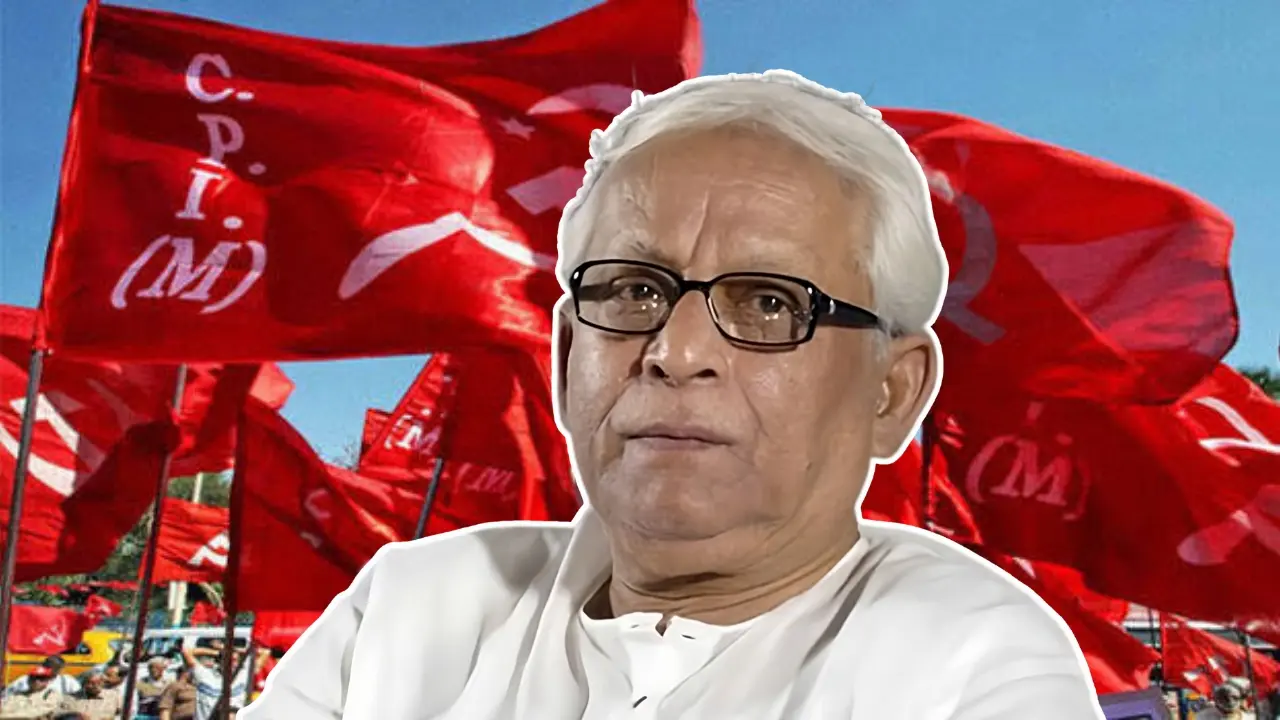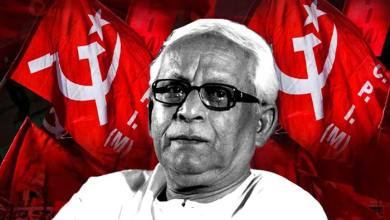Buddhadeb Bhattacharya, a prominent figure in Indian politics, was a leader of the Communist Party of India (Marxist) and served as the Chief Minister of West Bengal from 2000 to 2011. His tenure was marked by a blend of traditional communist ideologies and progressive reforms that sought to address both economic and social challenges.

Source:- news 18
Bhattacharya’s governance was characterized by a commitment to industrialization and modernization, a departure from the party’s historical agrarian focus. He championed initiatives aimed at transforming West Bengal into a more industrially advanced state. Under his leadership, the state saw the establishment of several industrial parks and the initiation of major projects like the Tata Nano plant in Singur. This approach reflected Bhattacharya’s vision of a future where West Bengal could compete in the global economy, even as it maintained its communist roots
Source:- BBC news
However, Bhattacharya’s tenure was not without controversy. The aggressive push for industrialization faced significant backlash, particularly from farmers and rural communities affected by land acquisition policies. The Singur and Nandigram protests highlighted the tensions between development goals and grassroots resistance, leading to a complex legacy.
Bhattacharya’s political philosophy was deeply rooted in Marxist theory, but his practical approach demonstrated an awareness of evolving economic realities. His efforts to modernize the state’s infrastructure and attract investment were indicative of a leader trying to balance ideology with the demands of a changing world. While his tenure had mixed results, Buddhadeb Bhattacharya’s vision for West Bengal exemplified an attempt to navigate the future while adhering to his communist principles.
Share your view sin the

